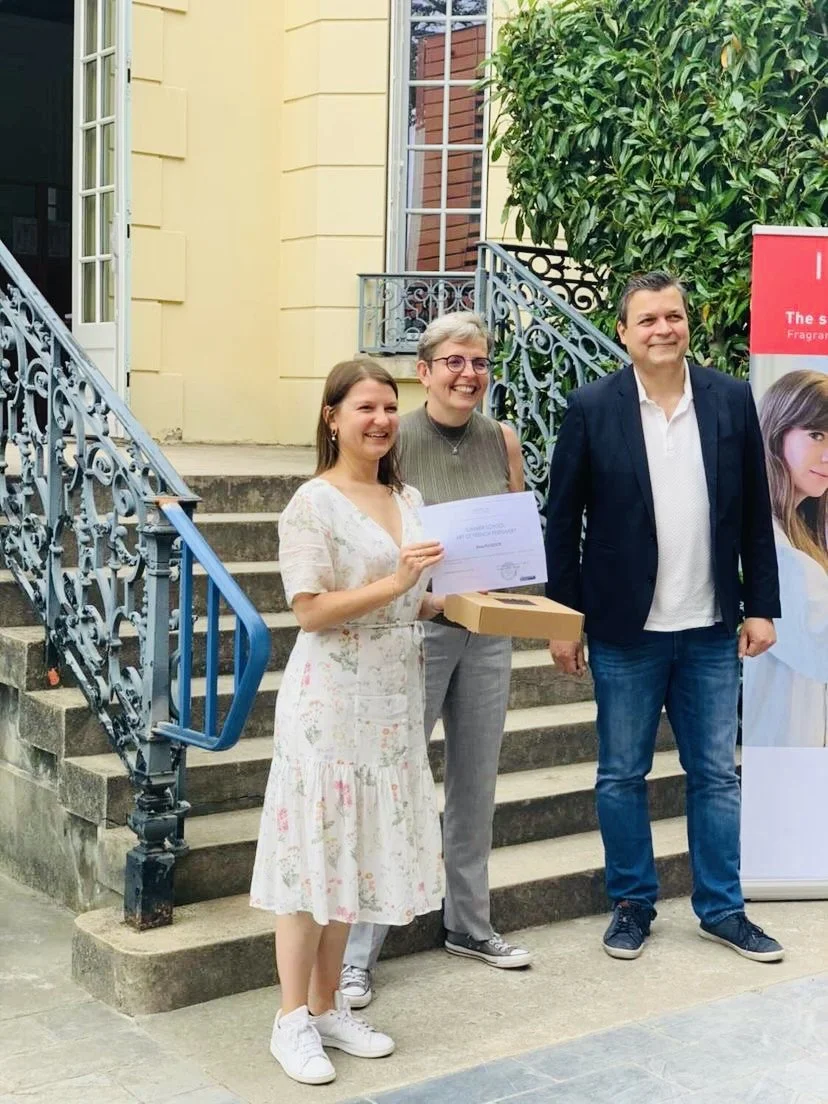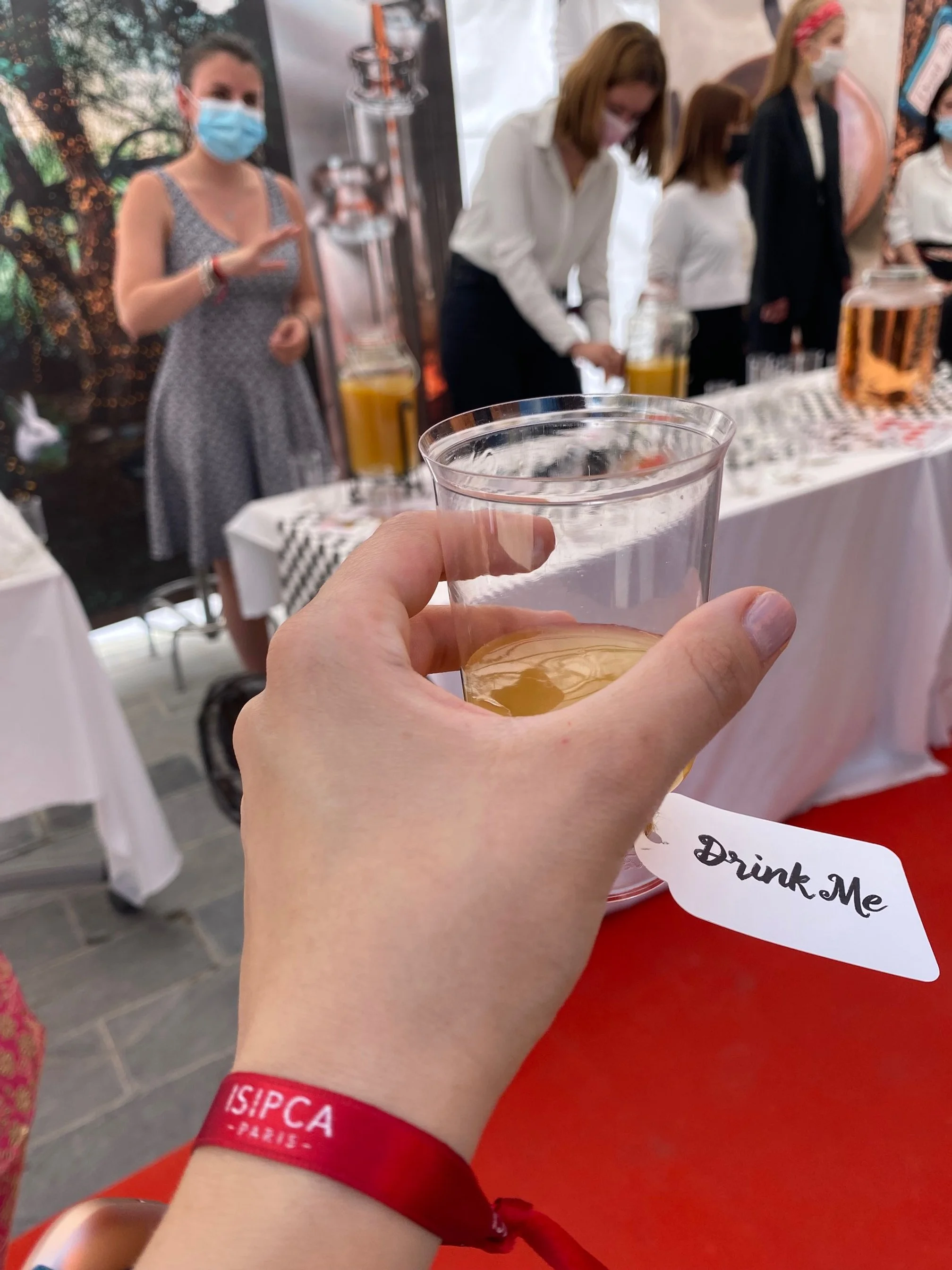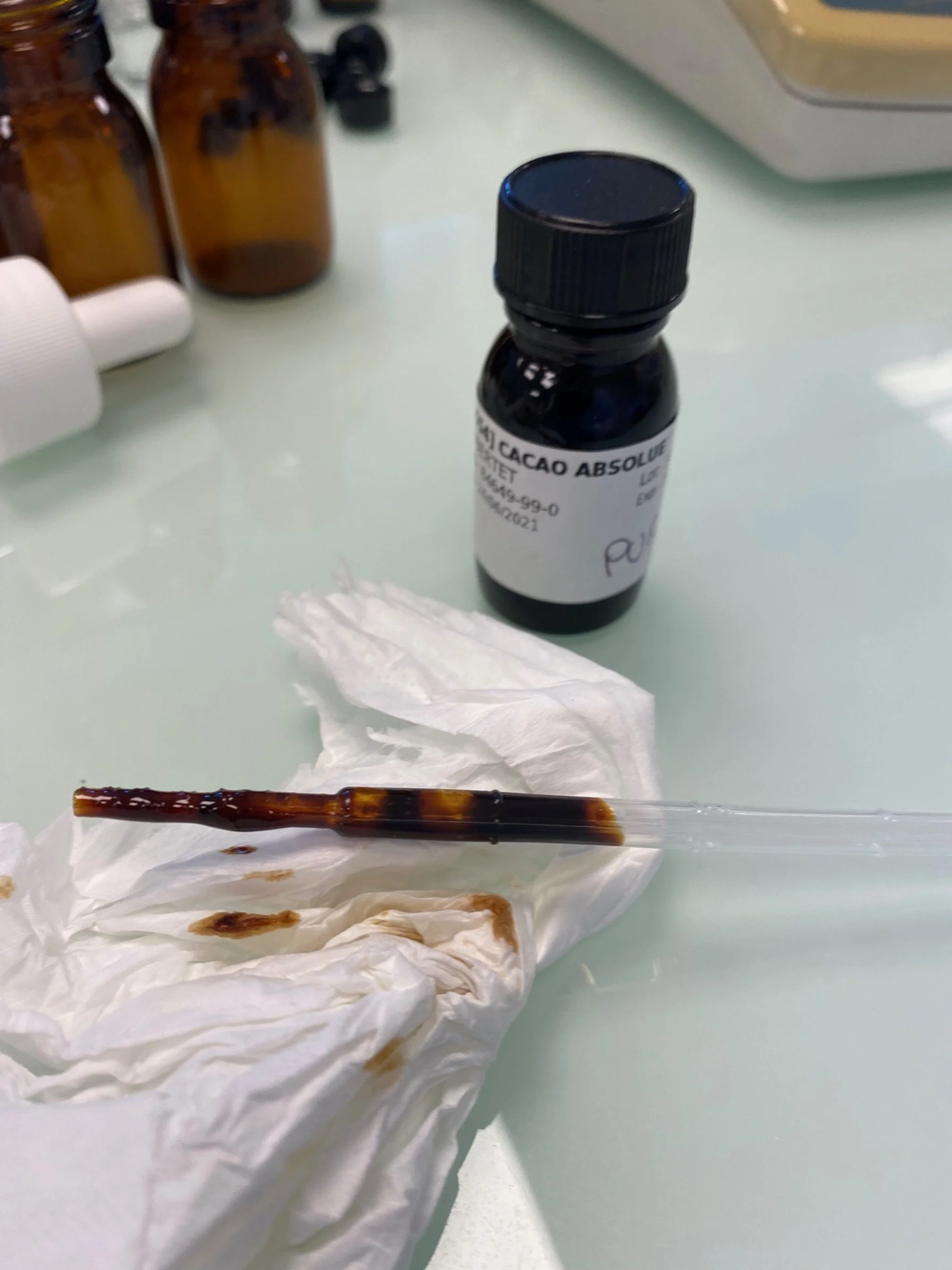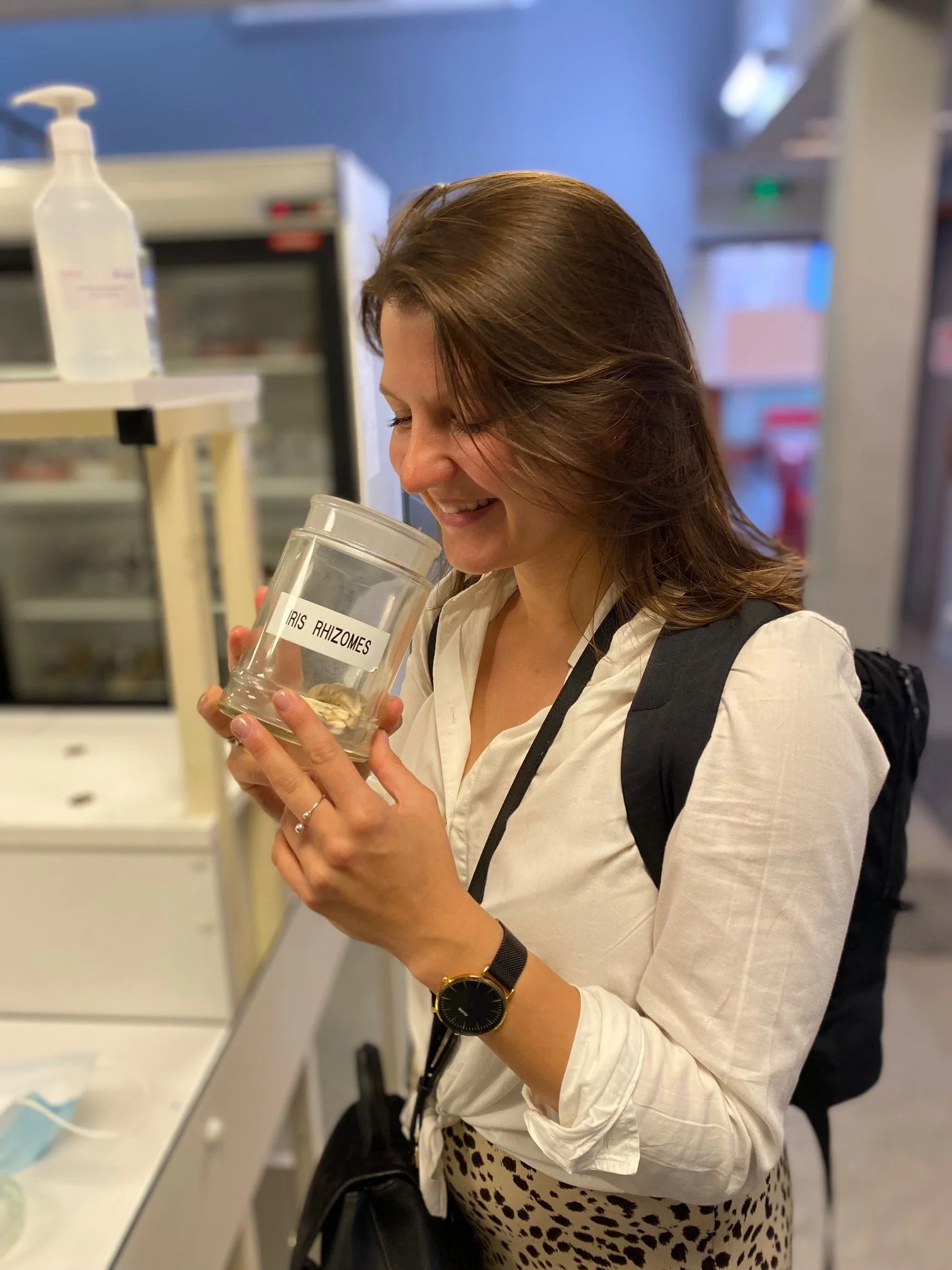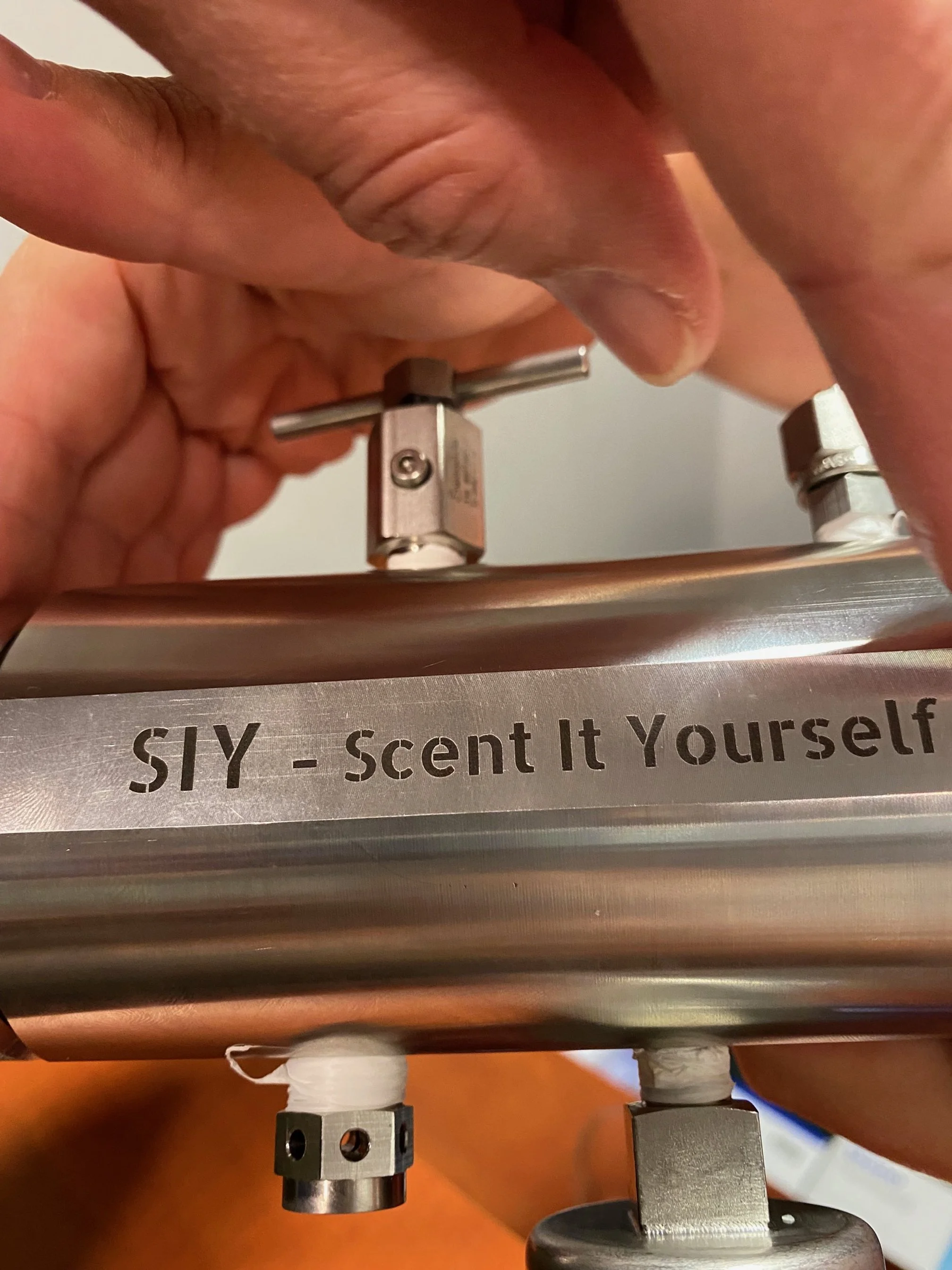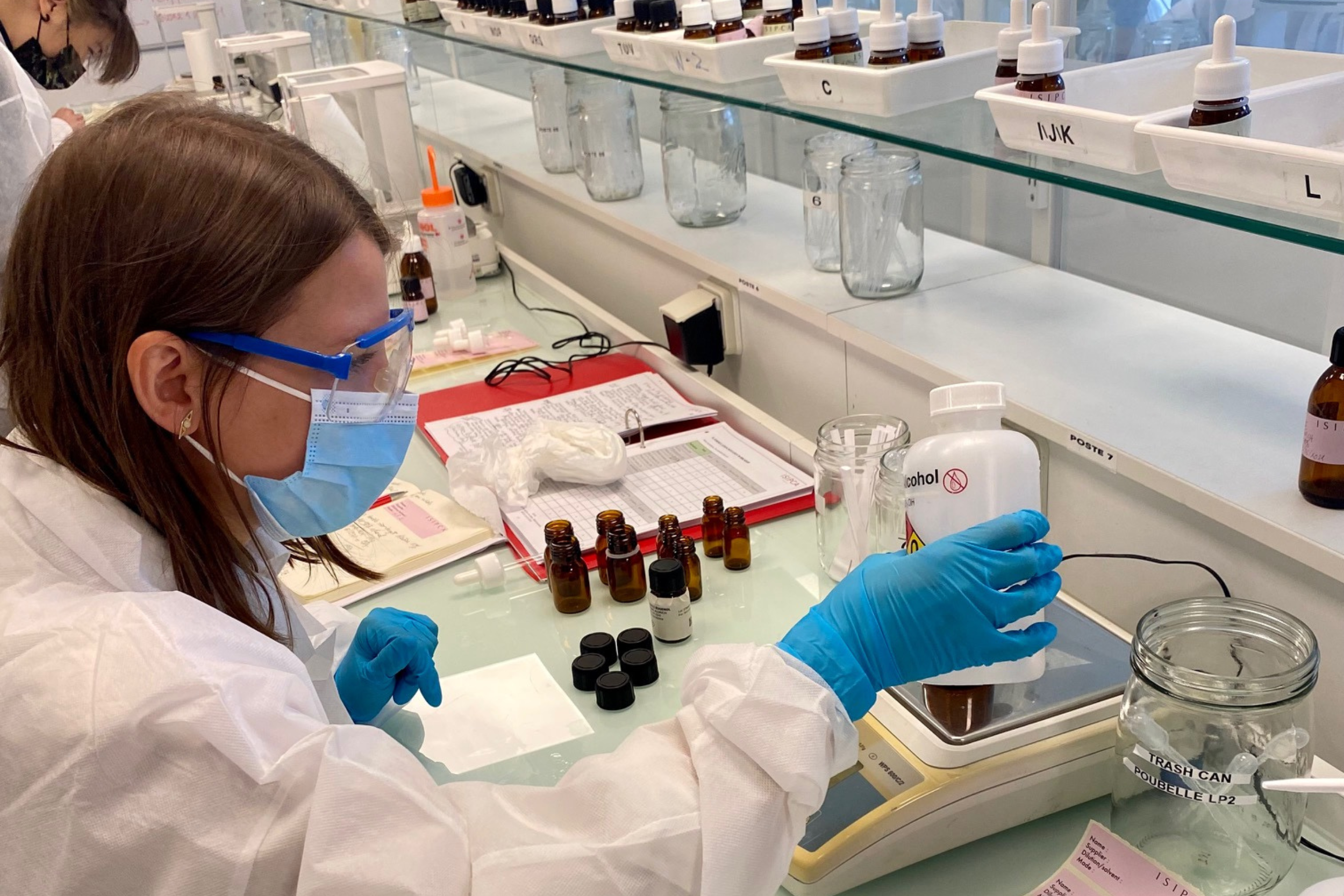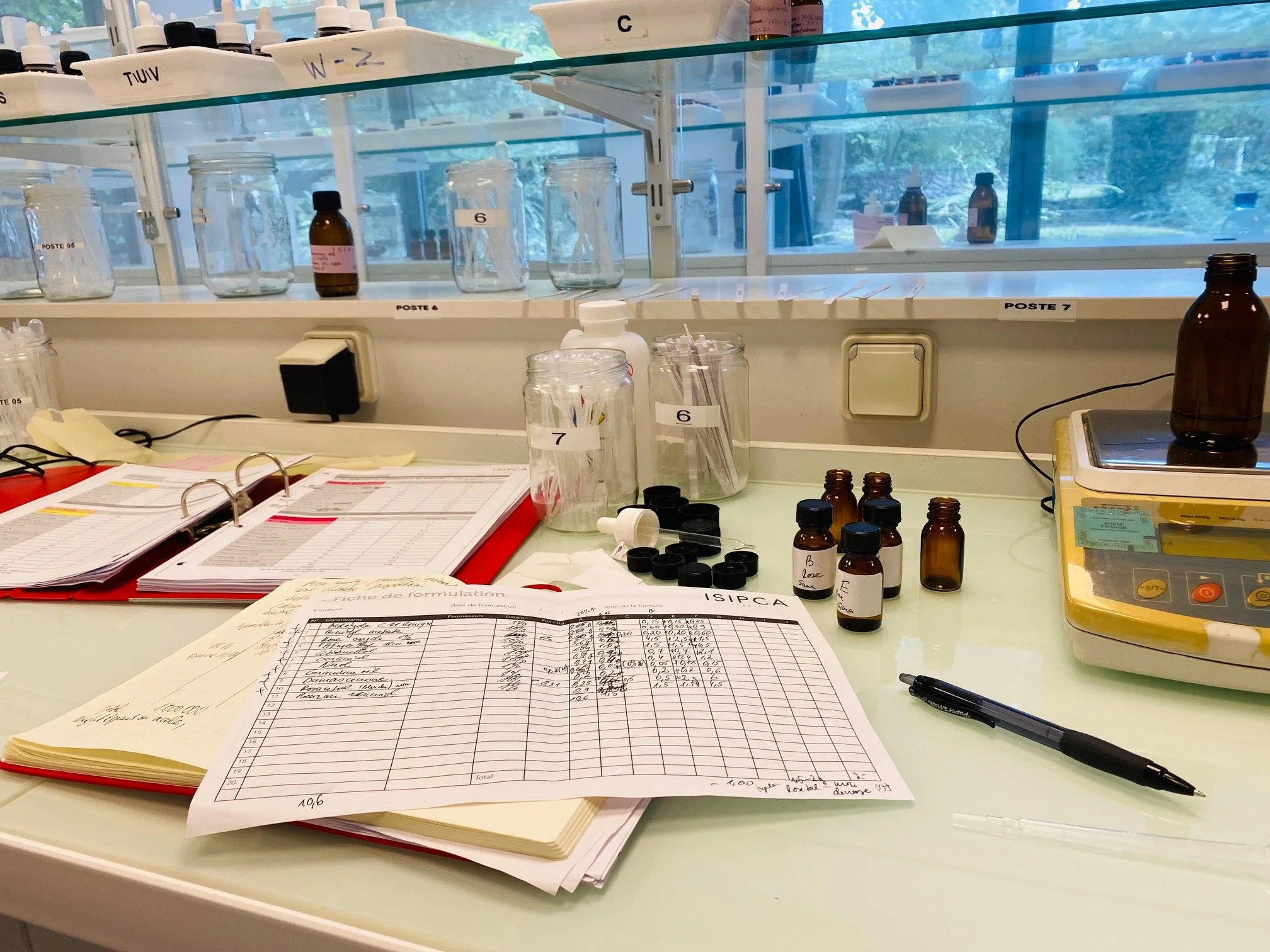Where Passion Meets Precision: Exploring ISIPCA Through Perfume Lover’s Eyes
Written by Sima Keijzers-Puodziute
A few years ago, I packed my bags and headed to Versailles to study at ISIPCA, one of the most respected perfume schools in the world. At the time, I had already had my How To Scent It Instagram account and I already developed a strong interest in fragrance, but I wanted to deepen my knowledge, understand the technical side, and see if this passion could turn into something more.
Sima Keijzers-Puodziute at ISIPCA / Photos from personal album
Since I had a full-time job, I couldn’t commit to their full-time bachelor’s or master’s programs (which also require a background in chemistry or biology). The summer school, however, was a perfect fit: short, intense, and open to beginners with a strong interest in scent.
That short program turned out to be one of the most important steps I’ve taken in my fragrance journey. So, in this article, I would like to share my experience and give some insights into what is like studying there.
Why I Chose the Summer School at ISIPCA
Before ISIPCA, fragrance was a deep personal interest for me, but I was mostly navigating it on my own. I was reading, smelling, checking videos on YouTube how to make a fragrance, buying some raw ingredients and ‘playing’ around. However, I wanted something more structured, something that would help me understand the building blocks of perfume and whether this passion could grow into something more serious.
ISIPCA was a name I had come across multiple times when reading about perfumery training. It had a certain prestige to it: one of the few schools dedicated entirely to fragrance and located, of all places, in Versailles. It is also called Guerlain’s perfumery school, because it was established on the initiative of Jean-Jacques Guerlain. When I found out they offered a Summer School for beginners, it felt like the perfect low-commitment, affordable option for me.
What the Program Was Actually Like
The Summer School lasted two weeks and had a small, international group of participants. The days were packed. We would start around 9 AM and finish around 18 PM.
The day would start with theory and then hands-on lab sessions in the afternoon (sometimes all day). We spent time understanding the main fragrance families, the structure of perfumes, and how to smell analytically rather than emotionally (which was very new to me).
We also learned a lot about the history of perfumes, smelled original formulas of discontinued iconic perfumes such as ‘Opium’, ‘Chanel Nr. 5’, ‘Iris Gris’, ‘Fougere Royal’ and even ‘Leau de la Reine de Hongrie (14th century). We have also visited Osmotheque (based in ISIPCA). There was even a session on how to build your perfume brand (from suppliers to packaging), etc.
The labs, though, were my favorite part. We had our own little organ with raw materials, scales and were taught how to weigh, dilute, and blend. What I really liked was that teacher was not giving an exact recipe to follow, but instead indicating what ingredients a certain base consists from and giving approximate indications, but not full formula with exact amounts.
We started with making a scented illusion (accords) of certain flowers, then moving towards creating rose, woody, citrus base and only then moving towards creating eau de cologne, men based fragrance, etc.
By the end of the program, we each made a fragrance from scratch. Mine got a compliment that it smelled like a luxurious spa! It felt like the best thing ever! We also touched on technical perfumery—creating scents for body lotions and shampoos. I still remember my rose accord in lotion smelling just like Diptyque’s Eau Rose.
The teachers were professional, approachable, and full of insights from the industry. Their mix of expertise and openness made the learning experience both rich and personal.
What Surprised Me the Most
First of all: it was intense. Two weeks might sound short, but we were absorbing so much information every day that it felt like a full semester. I was coming back to the hotel after an intense day and I often wanted just to chill out and go to sleep! But as I was so excited, I was still smelling all my trials at the hotel room and learning all about the perfume making.
I was also very surprised that my nose did not get a scent fatigue. Even though I was smelling and evaluating raw ingredients, perfume accords, or perfumes that were created by me and my colleagues, I still could smell the difference and not get tired. On the other hand, we were also told to take breaks, get some coffee, but my ‘get it all’ attitude sometimes skipped those and just wanted to make more and more trials. This summer school is not the cheapest, so you sort of want to get everything you can while being there.
I was also surprised by the diversity of the group. We had participants from all over the world: China, France, Germany, India, Romania, Taiwan, USA, Denmark, etc. Some of participants were already working in perfume industry, some were planning to start their own perfume brand, and some were just curious. That mix made it feel welcoming and inspiring, not competitive.
And finally, I realized just how complex perfumery is. There’s creativity, yes, but also a lot of precision and technical understanding. That balance between art and science is what really hooked me.
What Could Have Been Better
As much as I loved the experience, there were a few things that could have been improved.
The schedule wasn’t always as structured as I expected. Sometimes lunches ran long or materials weren’t immediately available in the lab, which meant we occasionally had to pause our work and wait. In a short, intense program like this, even small delays feel significant.
Also, while we had access to a wide range of ingredients, some rare or expensive materials (like real oud) weren’t available to smell or use. I understand why: it’s a beginner course, and they need to manage resources and make sure we do not overuse or spoil those materials. However, it would have been fun just to smell them.
Still, none of these things took away from the overall value of the experience. They’re more points I’d share with others so they can go in with the right expectations.
What I Took Away From It
The biggest takeaway for me was confidence. I left ISIPCA with a clearer understanding of how perfumes are made, and a stronger sense of direction. I knew I wanted to continue exploring scent: not just privately, but publicly.
The course also gave me a framework: how to smell critically, how to analyze structure, how to work with materials in a controlled and intentional way. That foundation helped me later when I started hosting perfume workshops and developing my own scent experiences. Without ISIPCA, I think I might still be unsure whether I was "allowed" to be in perfumery world. That program gave me a sense of belonging and legitimacy that I carry with me to this day.
